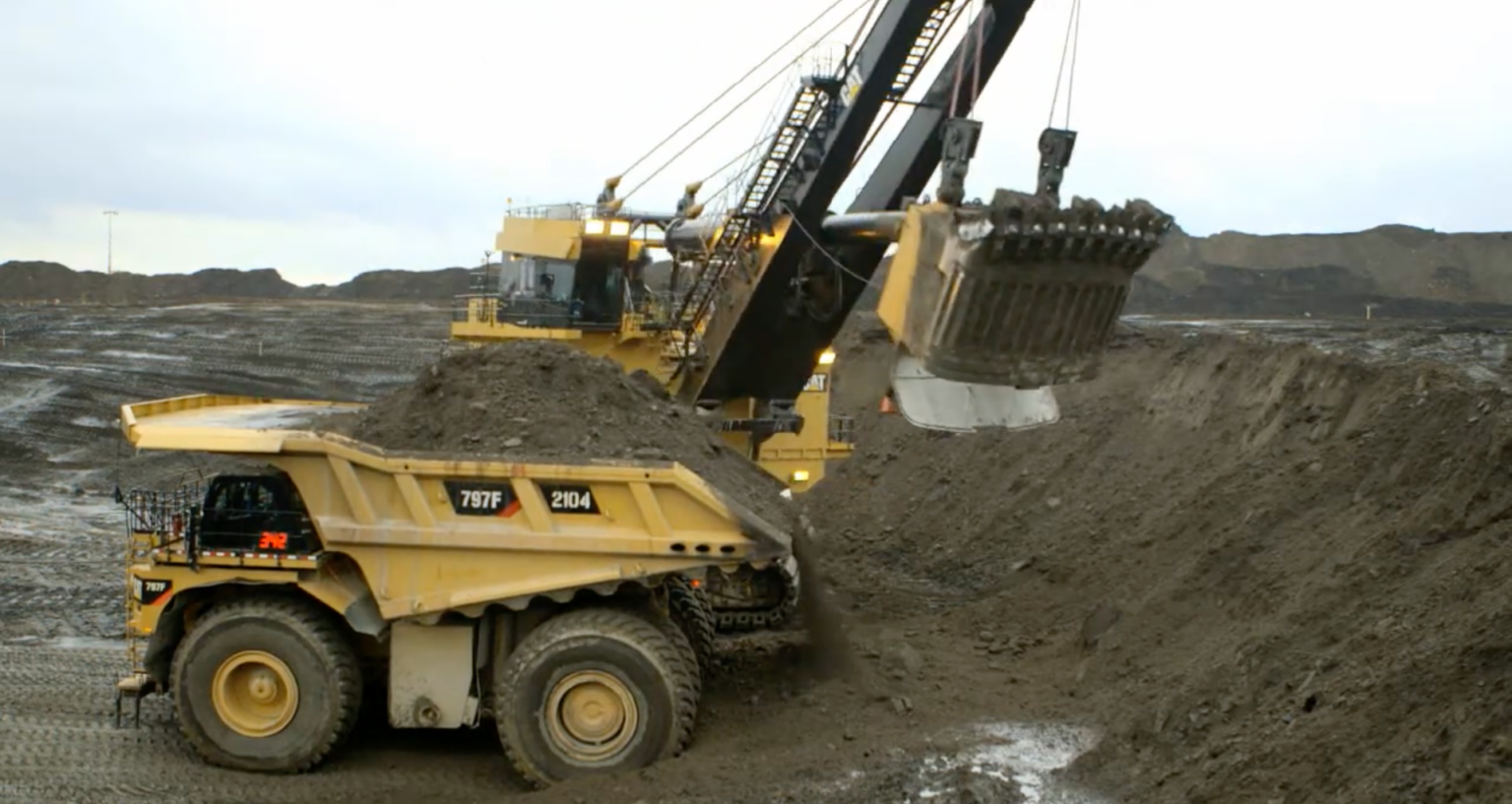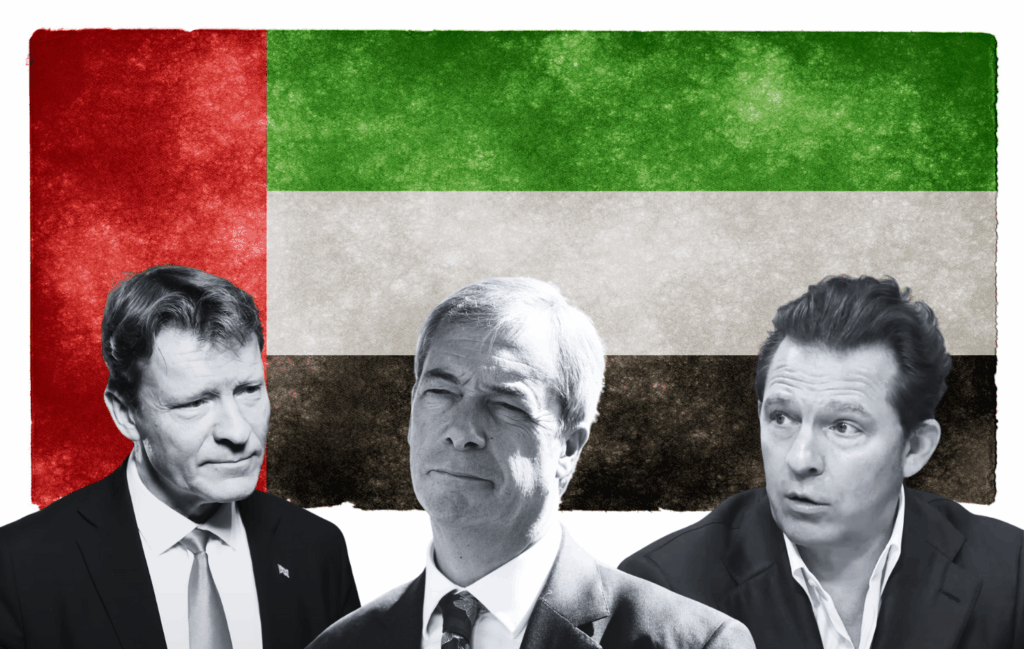A major Canadian oil producer responsible for a toxic tailings pond leak that dumped 5.3 million litres of contaminated waste into the environment has been fined just $50,000 by the Alberta Energy Regulator (AER).
Environmental Defence, a prominent Canadian environmental advocacy organization, called the AER’s response “toothless.”
The Athabasca Chipewyan First Nation (ACFN), an Indigenous community in Northern Alberta whose territory has been impacted by the tailings pond spill at Imperial Oil’s Kearl tar sands mine since at least 2022, called the fine “laughable” and further condemned what they called the AER’s “weak response.”
Subscribe to our newsletter
Stay up to date with DeSmog news and alerts
Imperial Oil is one of Canada’s largest oil companies and is a publicly traded Canadian subsidiary of ExxonMobil.
DeSmog reported that the ACFN was suing the AER for $500 million in damages for its mishandling of the Kearl disaster. Chief Allan Adam hand-delivered the lawsuit to AER CEO Laurie Pushor during a town hall meeting hosted by the regulator in Fort Chipewyan on March 5, 2024.
The lawsuit is on-going, according to an official from the ACFN, who told DeSmog they are waiting for the AER’s response.
“The Alberta Energy Regulator has sent a clear message to companies around the world — Come here and dump all your toxic waste into our drinking water,” said ACFN Chief Adam in a public statement.
“This ridiculously small fine just shows that Alberta, with its weak regulations, is the problem. Now, the only question is: Who is going to investigate the AER?”
The ACFN further noted that the fine is less than what Imperial’s CEO makes in a single workday.
“Administrative penalties are carefully evaluated by the AER to ensure they are fair and proportionate to the severity of the contravention,” said Renato Gandia, a spokesperson for the AER in response to questions from DeSmog.
A $50,000 administrative penalty is the maximum penalty allowed in this case, according to Gandia.
“If the AER was serious about protecting local communities and the environment, Imperial Oil would have faced prosecution and a hefty fine,” said Aliénor Rougeot, Climate and Energy Program Manager with Environmental Defence, in a statement.
“The quality assurance measures imposed by the regulator today should have been in place long before Imperial was ever allowed to operate. This weak response will do nothing to deter oil companies in the tar sands from letting this kind of environmental disaster happen again and again.”
The Kearl disaster involved three uncontrolled discharges of toxic wastewater from Imperial Oil’s Kearl oil sands processing plant and mine, releasing an estimated 5.3 million litres of contaminated water into ACFN traditional territory. The spill first came to light in March 2023, but both Imperial Oil and the AER admitted they had known all four of the Kearl facility’s tailings ponds had been leaking since at least May 2022. Documents obtained by the ACFN and shared with DeSmog show Imperial was aware their own measurements indicated seepage may actually date back to 2019. Exactly how much has leaked, and for how long, has not yet been determined. Imperial did not respond to DeSmog’s questions about the documents when contacted in March 2024.
The Kearl facility is one of Canada’s largest open-pit oil and gas mining operations.
“The AER’s response to Imperial Oil’s gross misconduct is a toothless slap on the wrist,” said Rougeot. “Imperial Oil gets away with paying the oil company equivalent of a parking ticket and completing an ‘I’ll do better next time’ take-home assignment.”
The federal government opened an investigation into the disaster under the Fisheries Act in May 2023, but has not issued any public statements since.
“This shocking dereliction of duty to Albertans underscores why the federal government must ensure that violations of the Fisheries Act result in meaningful legal and financial consequences for polluting oil companies,” said Rougeot.
According to Environmental Defence, the tailings ponds of Canada’s tar sands now contain over 1.4 trillion litres of waste, covering an area more than 2.6 times the size of Vancouver.
In their statement, the ACFN notes that Imperial Oil generated $50.7 billion CAD in operating revenue in 2023. “This means that the AER fine for the biggest spill in Alberta’s history was equal to about 35 seconds worth of the revenue that Exxon-Imperial generates.”
Subscribe to our newsletter
Stay up to date with DeSmog news and alerts






